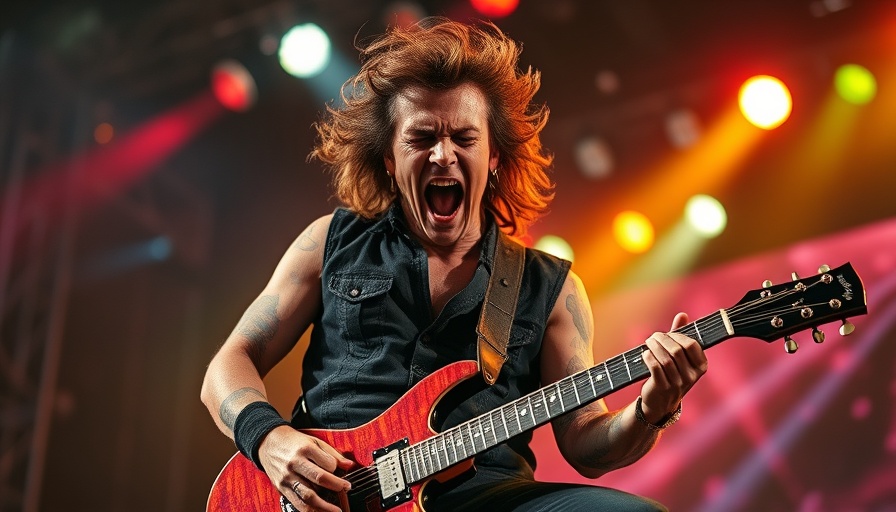
Remembering Malcolm-Jamal Warner: A Loss Felt Deeply
For many in the Generation X community, the news of actor Malcolm-Jamal Warner's tragic drowning in Costa Rica is akin to losing a member of the family. Warner, who played Theo Huxtable on the iconic show "The Cosby Show," brought laughter and relatability to the lives of millions during a pivotal time in television history. As the news broke, fans from all walks of life took to social media to express their shock and sadness. One fan, Harriet Cammock, reflected on the deep connection viewers felt with Warner, stating, "It's like losing one of us." This sentiment resonates strongly within a generation that grew up watching Warner and his talented ensemble cast navigate family life, challenges, and joy on a weekly basis.
The Impact of "The Cosby Show" on Black Culture
When "The Cosby Show" premiered in 1984, it was a groundbreaking moment in television, showcasing the lives of a wealthy Black family and disrupting stereotypes. Warner's character, Theo, was a relatable figure for many Black youth. He epitomized the struggles of adolescence, often facing challenges with a combination of humor and heart, which made him endearing to viewers. The show also played a significant role in shifting perceptions about Black families in America, as noted by fans like Cammock. They believed that the show "made the wider society aware that there are Black people who live like white people do." This perspective is crucial, as it highlights the importance of representation in media, shaping how Black individuals are viewed and understood in society.
A Reflection on the 1980s—A Time of Change
The 1980s were not just about neon colors and big hair; they marked a transformative period in America, particularly concerning race relations and equality. Warner's role on "The Cosby Show" provided a counter-narrative to prevalent stereotypes and presented a loving, supportive family dynamic. The youth of that decade found comfort in seeing positive portrayals of Black families. The compassionate representation seen in Warner's character continues to resonate today, reinforcing the idea that television can be a vehicle for social change.
Legacy of Connection: Television's Role in Our Lives
For Louisianans over 55, the television shows of their youth—like "The Cosby Show"—were more than just entertainment; they were a reflection of the lifestyle and values of the time. Growing up with Warner and the other characters, viewers felt a sense of intimacy. As Cammock puts it, "When you're watching people every week on television, you think you know them and you're related to them." This connection highlights the comforting role that television plays in people's lives, especially during formative years.
Future Predictions: What Could Have Been
Warner's passing leaves a void not just in the hearts of fans but also in the broader narrative of television and culture. Had he continued to thrive in his acting career, how might his role evolve in expressing the experiences of contemporary Black families? His voice was important in telling stories that reflect the realities of modern life. The entertainment industry has seen increased diversity in representation, and Warner's contributions were crucial to that progress. It's worth pondering the potential avenues he could have explored.
What This Loss Means for Generation X
The shockwaves of Warner's untimely death extend beyond a simple fanfare. For Generation X, who played witness to the cultural shifts of the 1980s and 1990s, this loss feels personal. It's a stark reminder of their own mortality and the relentless passage of time. Warner's character was a bridge for many into adulthood, and his absence is a somber reflection on those formative years.
How to Honor Warner's Memory
As fans and friends grieve, this moment can also serve as an opportunity to celebrate Warner's impact on the arts. Consider revisiting episodes of "The Cosby Show" not only to honor his memory but also to relive those important moments that shaped a generation. Engage in conversations about the show's themes and what they meant during that era, and how they still resonate today.
Malcolm-Jamal Warner's legacy will undoubtedly live on through his work, as well as in the hearts of those he touched with his talents. For the many fans mourning his loss today, Warner will always be remembered as more than an actor; he was a voice that represented their hopes and dreams.
 Add Row
Add Row  Add
Add 



Write A Comment